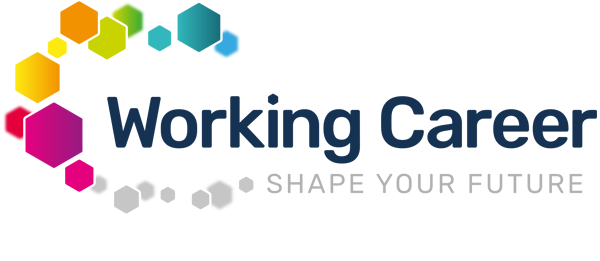Interview Coaching Tips for Success in 2025
Recently, the landscape of job interviews has evolved significantly, blending technological innovation with traditional techniques to create a more dynamic and complex hiring process. As an interview coach, it is crucial to understand these trends and adapt strategies to help candidates succeed. Whether you're preparing for a remote interview or navigating a pre-recorded job interview, staying informed about current practices can give you a competitive edge.
The Evolution of Interview Processes
The modern interview process is more than a simple conversation. Companies are leveraging new technologies and methods to enhance efficiency, reduce bias, and assess candidates comprehensively. Here are some of the latest trends:
AI and Automation:
AI tools are now commonplace, analyzing candidates' verbal and non-verbal cues during virtual interviews. While these tools offer efficiency, they raise concerns about fairness and transparency. Not all organisations use AI and automation, but the trend shows this is becoming more common.
Virtual Reality (VR):
Innovative companies are experimenting with VR to create immersive interview experiences. For example, gender-swapped avatars in VR settings are being tested to reduce bias and anxiety.
Streamlined Processes:
Automation tools for scheduling, panel creation, and applicant tracking are simplifying administrative tasks, allowing more focus on the interview's substantive aspects.
Types of Interviews in 2025
Understanding the variety of interview formats is essential for effective preparation. Here are the most common types of interviews you might encounter:
One-on-One Interviews:
The classic interview format remains popular, offering a focused environment to discuss your skills and experiences.
Panel Interviews:
A group of interviewers evaluates the candidate together, each assessing specific aspects.
Group Interviews:
Multiple candidates are assessed simultaneously to observe team dynamics and communication skills.
Behavioural Interviews:
These focus on past experiences, asking candidates to provide specific examples demonstrating competencies such as leadership or problem-solving. Behavioural interviews can be about skills required for the job or values essential to the role and organisation. Behavioural interviews based on required skills are called Competency-based interviews.
It can be hugely beneficial to understand how behavioural interviews work and an interview coach can help with that.
Situational Interviews:
Hypothetical scenarios are presented to assess critical thinking and decision-making skills. Interviews can ask situational questions, or scenario questionnaires can be part of the interview process.
Technical Interviews:
Common in STEM fields, these evaluate specific technical expertise through problem-solving tasks or coding challenges. Technical skills can be assessed in an interview or by technical skills assessments as part of the interview process.
Case Interviews:
Case study interviews are often used for consulting roles. Here, candidates analyse and solve business problems to demonstrate analytical and strategic thinking. Psychometric assessments can also be used as part of the interview process to assess different abilities required for the role.
Stress Interviews:
Designed to test resilience under pressure, these interviews intentionally create challenging situations.
Remote Interviews:
Video conferencing tools like Zoom or Microsoft Teams have become standard, enabling candidates to participate from anywhere.
Pre-Recorded Job Interviews:
Candidates record answers to pre-set questions, which interviewers review later. This format offers flexibility but requires concise and engaging responses.
Preparing for Success
Preparation is key to acing any interview. Here are some tips to help you navigate modern interview processes:
Leverage Interview Coaching:
An experienced interview coach can provide personalized guidance, helping you refine your answers and practice different formats.
Research the Format:
Knowing what to expect regarding interview type and technology can help you tailor your approach.
Practice Remote Interviews:
Familiarize yourself with virtual platforms to ensure smooth communication during remote interviews.
Polish Your Pre-Recorded Responses:
For pre-recorded job interviews, rehearse, delivering clear, concise answers while maintaining an engaging tone.
Final Thoughts
The interview process in 2025 reflects a blend of tradition and innovation. As a job seeker, staying adaptable and informed is essential. By understanding the latest trends and formats—and seeking professional interview coaching when needed—you can confidently navigate the evolving world of job interviews and land your dream role.
About Me
I am Diana Dawson, Founder of Working Career. As a Professional Career Coach, Career Psychologist, Career Counsellor, Career Consultant, Executive Coach, and Wellbeing at Work Coach, I help organisations and individuals manage their careers.
I am an Accredited Master Coach with the Association for Coaching, a Coaching Psychologist and a Cognitive Behavioural Hypnotherapist with over 20 years of experience in the field.
I work with professionals from different sectors and backgrounds to cope and flourish at work.
I can provide one-to-one career coaching via Zoom worldwide.





